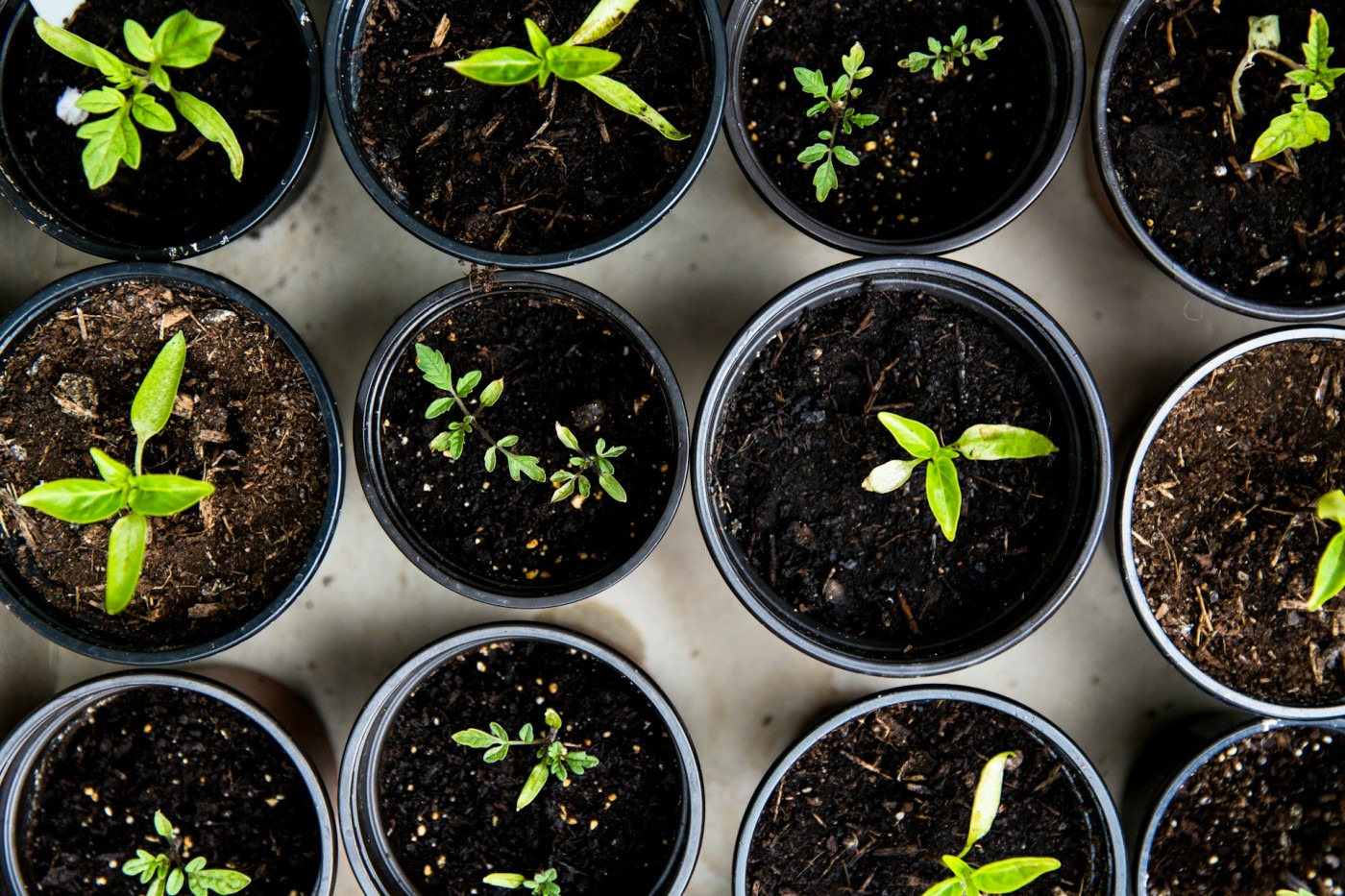Body, mind and earth: why students should garden this summer
Whilst many students this summer will be travelling, enrolled on internships, or preparing for the next year of study, lots will be faced with the prospect of endless spare time. Though it may be tempting to use this time bundled up in darkness, mindlessly scrolling until your eyes hurt and all sense of temporality has been lost, let us instead propose a brighter idea, one in which your body, mind, and importantly the environment, might be more grateful for.
As exams conclude, deadlines pass and the academic year comes to a close, gardens across the country are coming into summer-bloom. Our backyards and parks are being splashed with the colours of daisies and dahlias, bringing with them the familiar sound of bumblebees and birdsong, and lighting up the proud eyes of the green fingered gardeners who planted them. Indeed, the mental, physical, and environmental benefits of gardening are well-documented. A study by Fields in Trust found that the regular use of parks and green spaces provides us with over £34 billion in health and wellbeing benefits every year, saving the NHS £111 million annually. Put simply: our gardens bring life in both the literal and metaphorical sense.
Despite this, we are losing access to these greenspaces at an alarming rate. The proportion of UK parks in good condition slipped from 60% to just over 40% between 2013 and 2021, with almost 10 million people in England living in neighbourhoods deprived of green space. The trend of covering gardens with plastic or paving also raises concerns, with a study by Aviva in 2022 finding that 10% of homeowners with outside space had replaced some of their garden with plastic grass – at a detriment to biodiversity.
Those who garden every day have wellbeing scores 6.6% higher and stress levels 4.2% lower than people who do not garden.
With this in mind, we implore students to not be afraid of the rain and mud potentially coming with Britain’s wettest summer in 100 years, but rather to dig out their trowels and gardening gloves.
Lois Amos, a retired lecturer in horticulture at Capel Manor College and gardener for over fifty years, is a strong advocate for young people to get involved with gardening. She spoke with The Boar about its benefits, saying that “Gardening relates one to the changing of the seasons and natural cycles. It gives rhythm to life and brings with it many health benefits.” In addition to gardening being a very physical activity, she says that “mentally being immersed in plants and growth is very good for you. The colour green is a very restful colour – it stills the mind and enriches the soul.”
This is supported with research conducted by the Royal Horticulture Society. Not only did it reveal that 30 minutes of gardening burns a comparable number of calories to playing badminton or doing yoga, but that those who garden every day have wellbeing scores 6.6% higher and stress levels 4.2% lower than people who do not garden. In a survey of over 6000 people, the research showed a significant attachment between frequent gardening and improvements in general wellbeing, stress and physical activity, something students would no doubt benefit from to help deal with the pressures of university life.
30% of our food relies directly on the insect population, something we can help sustain through our gardens.
Equally significant are the environmental benefits of gardening. As Lois describes “air is cleaner and less polluted in gardens, woodlands and forests.” Trees, hedges, and healthy soil are all great at capturing carbon and preventing it from being released into the atmosphere, whilst also maintaining habitats for beloved and endangered woodland species like the hedgehog.
The need to support healthy ecosystems is also something Lois stresses, particularly relating to natural resources – “Humans would not be around anymore if there were no plants. We need them for housing, clothing, food, cosmetics, toiletries, and medicines. Knowing you are helping is rewarding and watching food growing and being around to harvest and taste what has been grown is amazing.” The RHS say that 30% of our food relies directly on the insect population, something we can help sustain through our gardens.
Lois is also a strong supporter of the social aspect of gardening, particularly through volunteering projects such as the one she has led with the Bedfords Park Walled Garden in Essex. This could provide a solution to another crisis facing students – the epidemic of loneliness. Studies found that young people aged 16 to 24 feel more lonely than any other age group, including people aged 65 and over. Lois believes volunteering may hold the answer.
“It’s a great way to socialise and make friends. There is no such thing as a nasty gardener – if you can be bothered to sow seeds that are smaller than a pin’s eye, water it, nurture it, plant it out and protect it until it’s grown – then you’re probably a very kind and caring person!”
At a time when students are reporting mental health issues at a rate never seen before and our green spaces are witnessing a sad depletion, now is as good a time as any to get outside and tend to our gardens. In doing so, we are not only tending to the earth, but to our bodies, minds, and spirits.
As Lois says, “Working with plants is fascinating and life enhancing! We need more young people coming into horticulture and botany!”
Perhaps if we do, we may blossom as much as the plants we nurture.

Comments